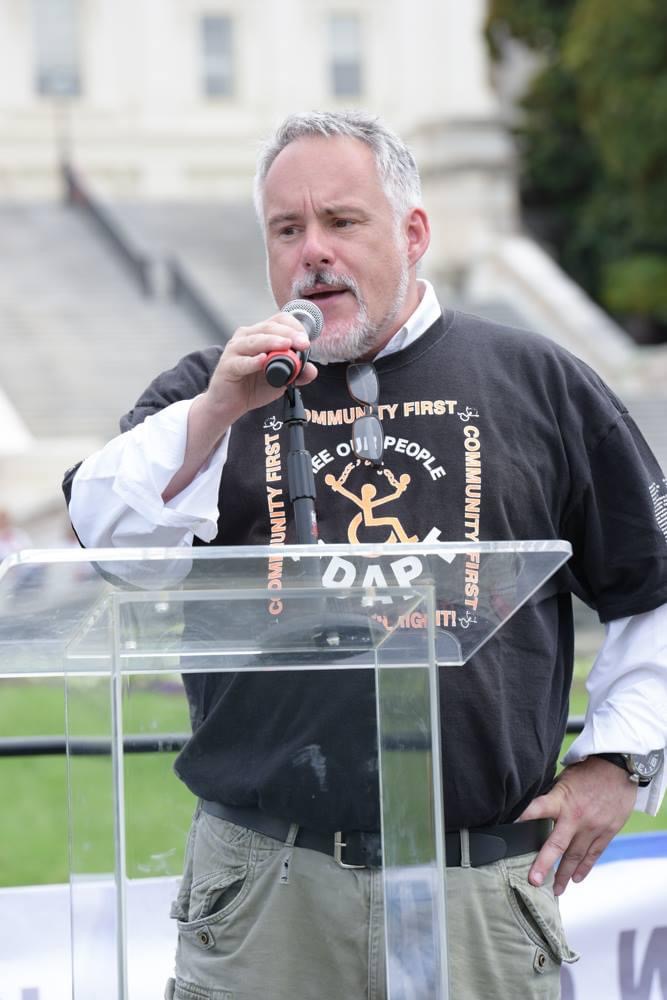
Disability justice is more than just accessibility or inclusion; it’s about transforming society to acknowledge and celebrate the inherent value of all individuals, regardless of their physical, mental, or emotional abilities. As the world progresses, there’s an urgent need to advance disability justice in modern society, ensuring that every person is given the respect, rights, and opportunities they deserve.
Understanding Disability Justice
Disability justice is a movement that goes beyond the traditional disability rights framework, which often focuses on legal protections and accommodations. Instead, it centers on the intersectionality of various identities, acknowledging that ableism often intersects with other forms of oppression, such as racism, sexism, and classism. This approach emphasizes collective liberation, ensuring that those most marginalized within the disability community are at the forefront of advocacy and decision-making.
Developed by disabled activists of color, inclusive justice challenges the notion that the disability experience is monolithic. It recognizes that people with disabilities have diverse backgrounds, experiences, and needs. True justice can only be achieved when society actively works to dismantle the multiple barriers they face.
The Role of Society in Advancing Disability Justice
Advancing disability justice requires a fundamental shift in how society views disability. It’s about moving away from the charity model, which often portrays people with disabilities as objects of pity or inspiration, and instead embracing a model of justice that recognizes their full humanity and agency.
Education is a critical tool in this shift. Schools, workplaces, and communities must be educated on the principles of equitable access, including the importance of intersectionality, the need for accessibility, and the value of diverse experiences. This education should be rooted in the lived experiences of disabled people, ensuring that their voices are heard and respected.
Moreover, policies and laws must be reexamined and reformed to reflect the principles of disability justice. While the Americans with Disabilities Act (ADA) was a significant step forward, there is still much work to be done. For instance, many buildings remain inaccessible, and people with disabilities continue to face discrimination in employment, healthcare, and education. These issues must be addressed not just through legal means but through a cultural shift that prioritizes equity and inclusion.
Intersectionality and Disability Justice
At the heart of disability justice is the concept of intersectionality. This term, coined by Kimberlé Crenshaw, describes how various forms of oppression intersect to create unique experiences for individuals. In the context of disability advocacy, it’s crucial to recognize how factors such as race, gender, sexuality, and class can compound the challenges faced by disabled people.
For example, disabled people of color often face discrimination not only because of their disability but also due to their race. This double burden can make it even more difficult for them to access the resources and opportunities they need. Similarly, LGBTQ+ individuals with disabilities may encounter additional barriers related to their sexual orientation or gender identity.
To advance disability justice, society must acknowledge and address these intersecting oppressions. This requires listening to and uplifting the voices of those most marginalized, ensuring that their needs and perspectives are prioritized in advocacy and policymaking.
The Power of Community in Disability Justice
Community plays a vital role in advancing disability justice. Disabled people have long formed networks of mutual support, sharing resources, knowledge, and solidarity. These communities are often at the forefront of the disability justice movement, advocating for systemic change while providing direct support to those in need.
For example, disability equality collectives often organize around issues such as healthcare access, housing, and employment, working to create solutions that are driven by and for disabled people. These efforts are rooted in the belief that those who are most affected by ableism should be the ones leading the fight against it.
Moreover, community-based approaches to disability justice emphasize the importance of care and interdependence. In a society that often values independence and self-sufficiency, the inclusive justice movement challenges these norms by highlighting the ways in which we all rely on one another. This perspective shifts the focus from individual accommodation to collective care, ensuring that everyone’s needs are met.
Moving Forward: Strategies for Change
Advancing disability justice requires a multifaceted approach involving individuals, communities, and institutions. Here are some strategies that can help move society toward greater justice for people with disabilities:
Policy Reform: Advocate for policies that reflect the principles of disability justice, including universal design, accessible healthcare, and inclusive education.
Intersectional Advocacy: Support efforts that address the intersecting oppressions faced by disabled people, particularly those who are also marginalized due to race, gender, or sexuality.
Community Engagement: Build and strengthen communities that center the voices and needs of disabled people, particularly the most marginalized.
Education and Awareness: Promote education and awareness campaigns that challenge ableism and highlight the importance of disability rights.
Amplifying Voices: Ensure that disabled people, particularly those from marginalized backgrounds, are included in decision-making processes at all levels.
By embracing these strategies, society can move closer to a future where accessibility equity is a reality for all. It’s a future where every person, regardless of their abilities, can live with dignity, respect, and equal opportunity.
Advancing disability justice in modern society is not just about improving accessibility or preventing discrimination. It’s about fundamentally reshaping how we think about disability and justice, ensuring that every person is valued for who they are. Through education, policy reform, intersectional advocacy, and community engagement, we can work together to build a world that truly embraces the principles of disability justice.